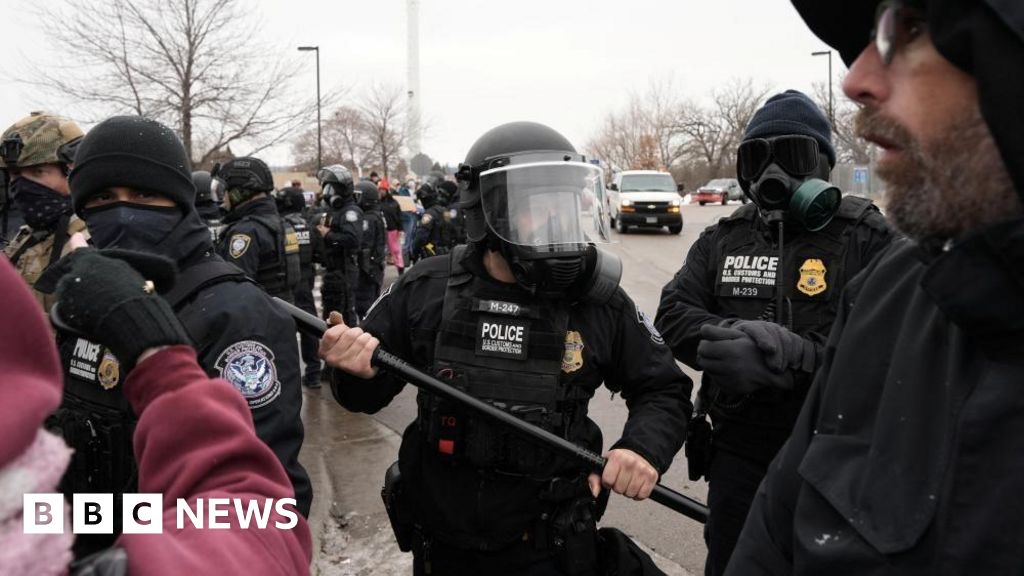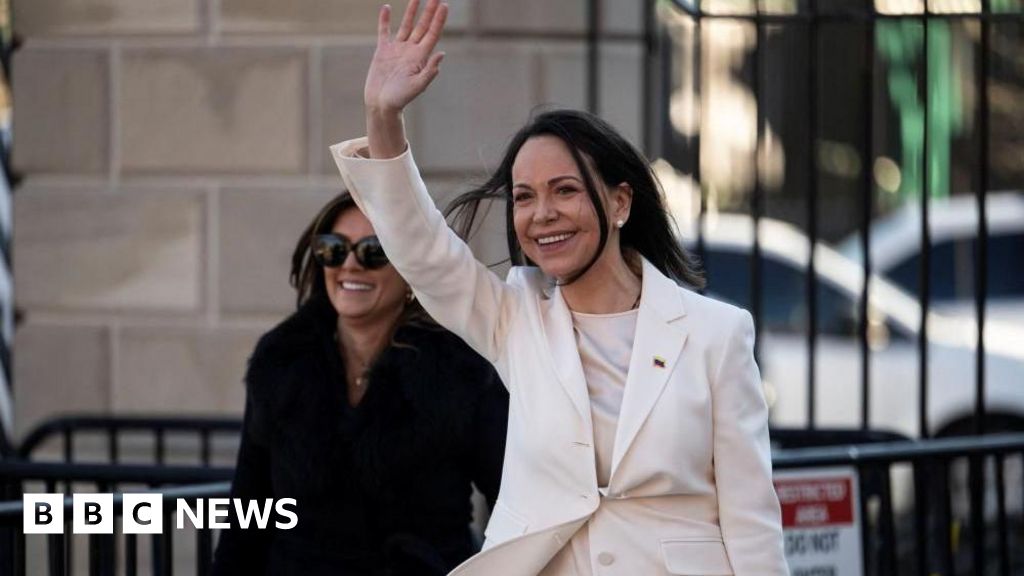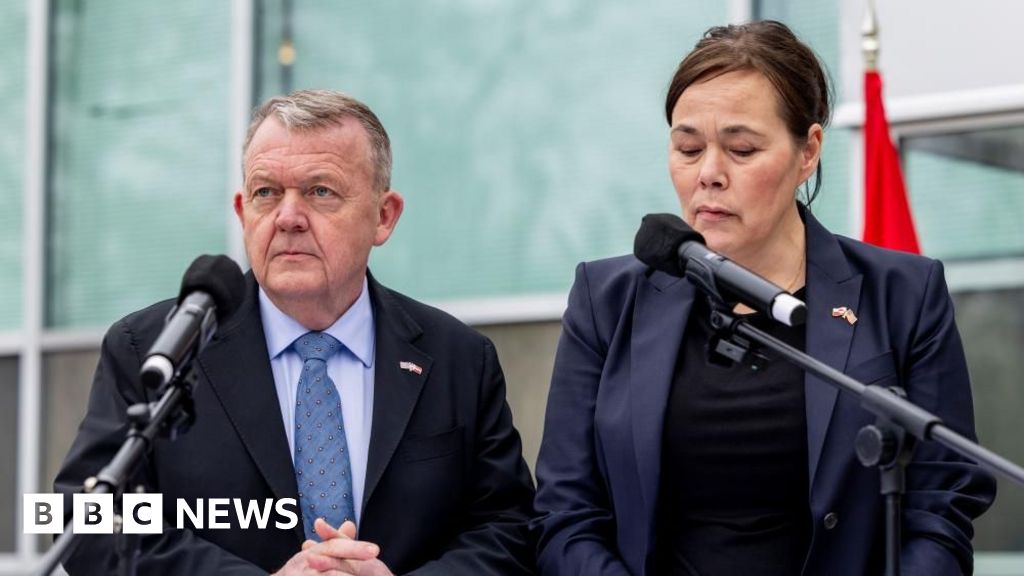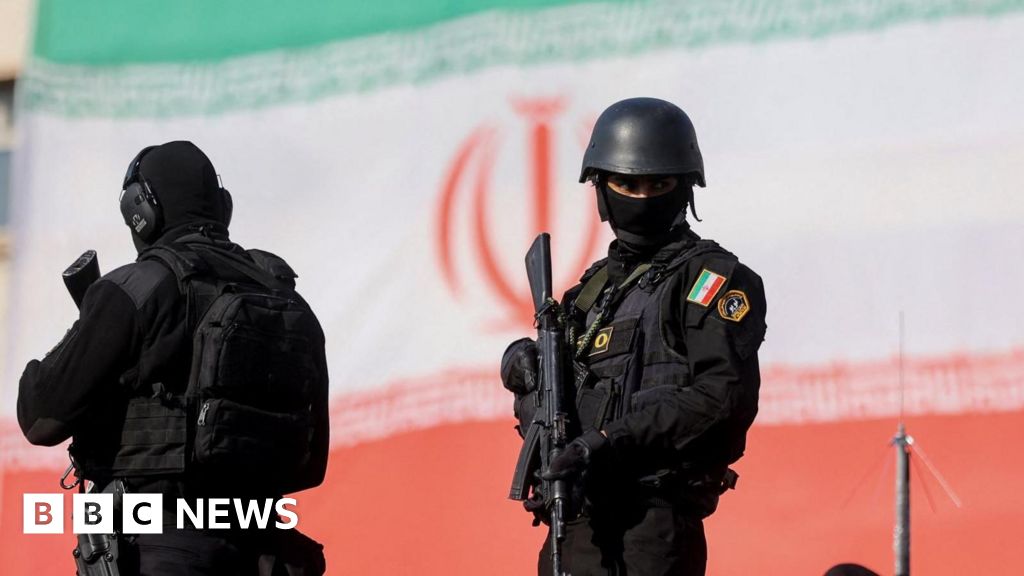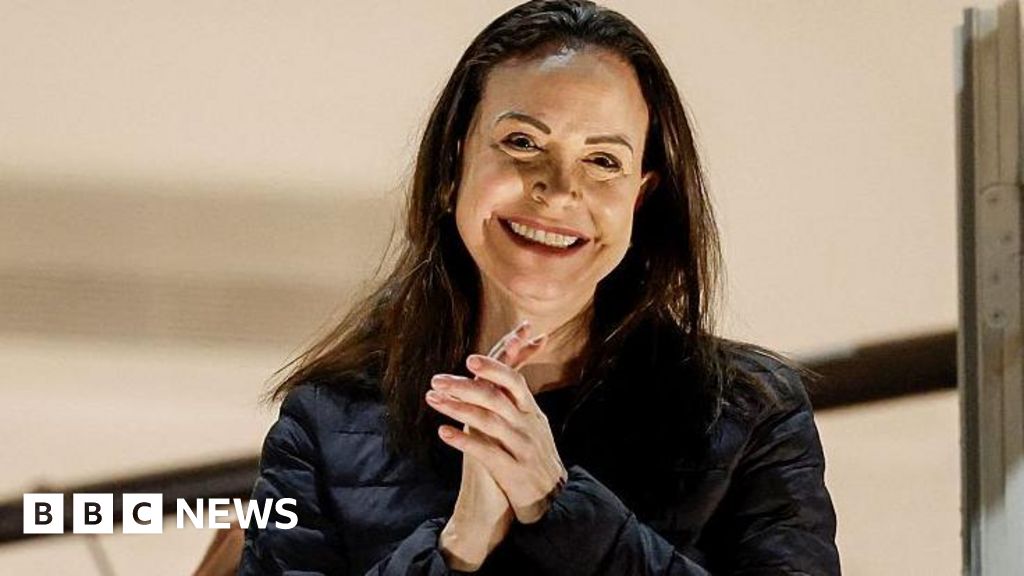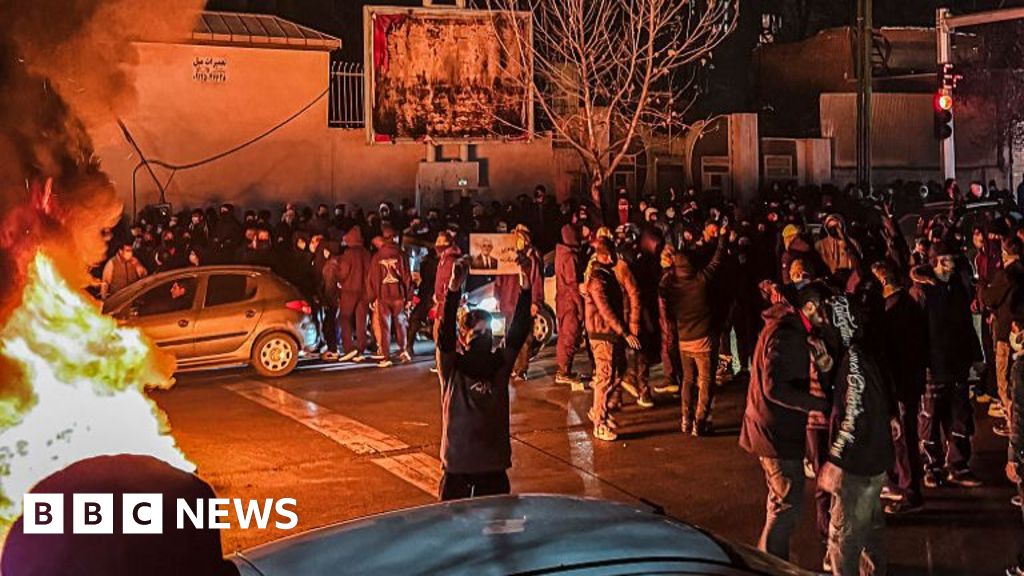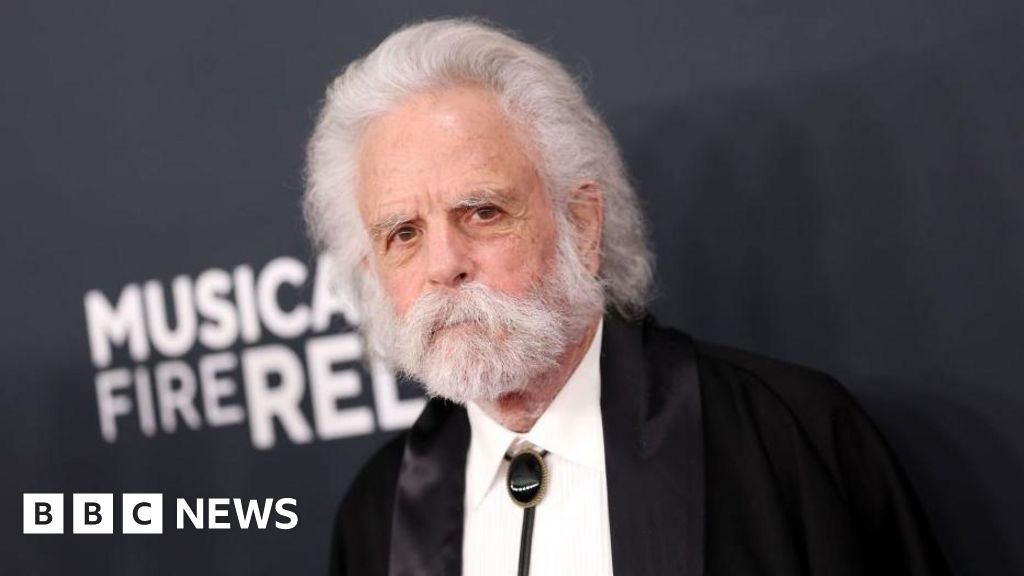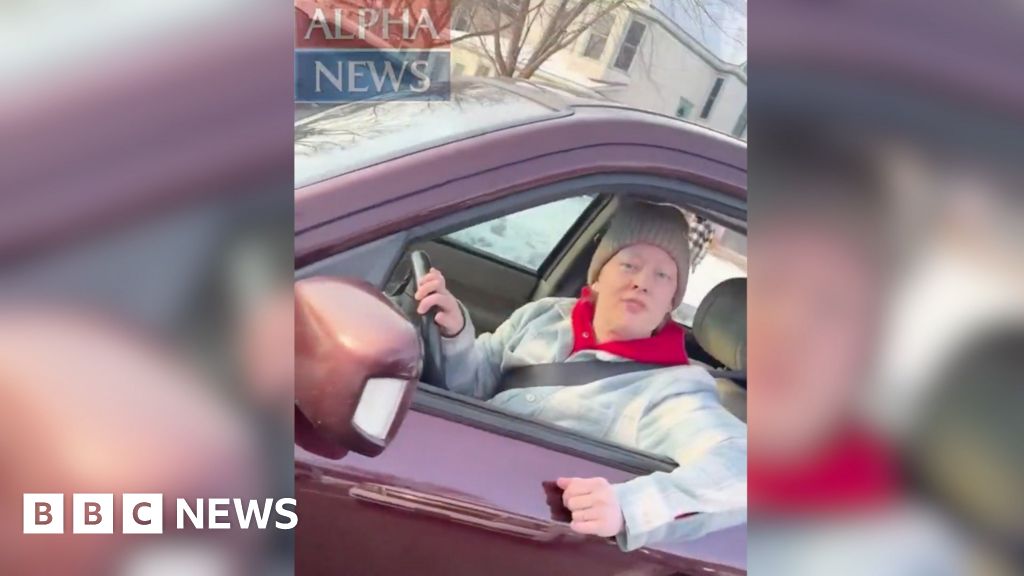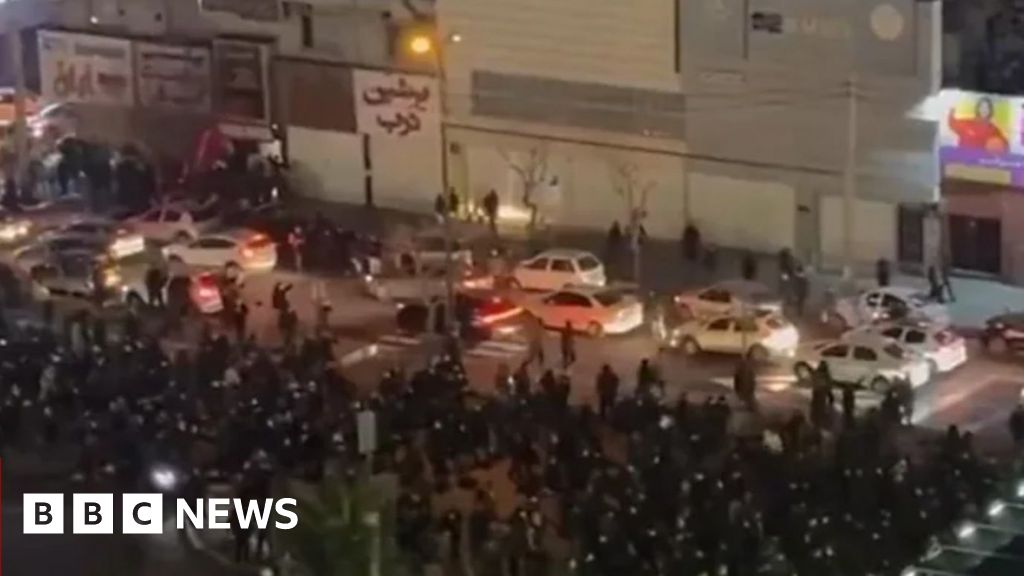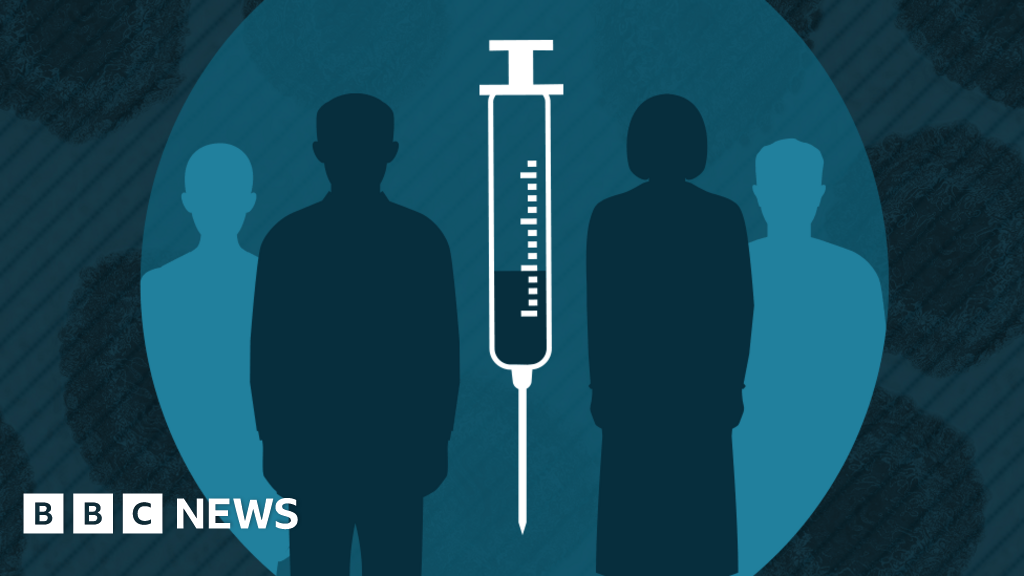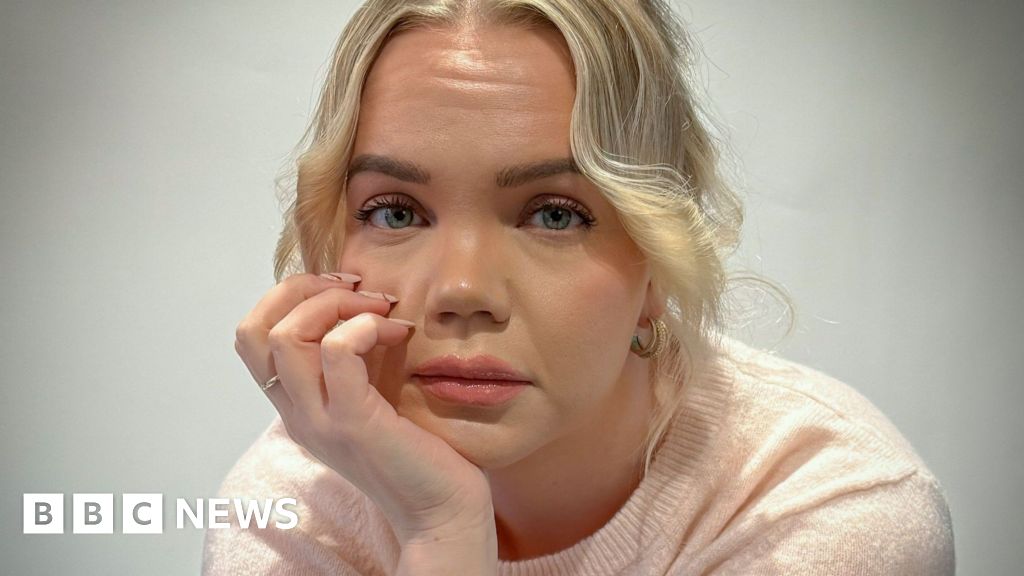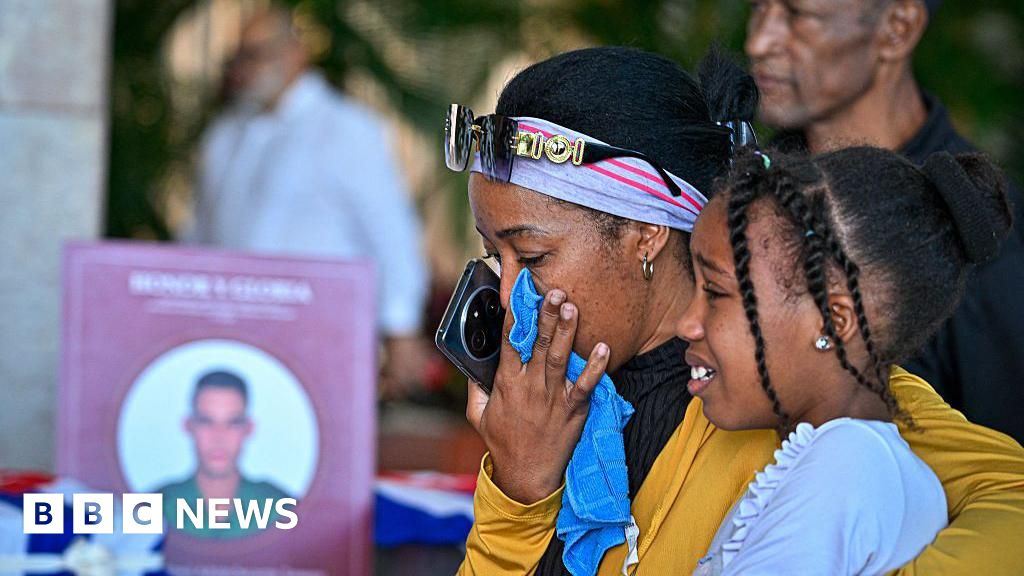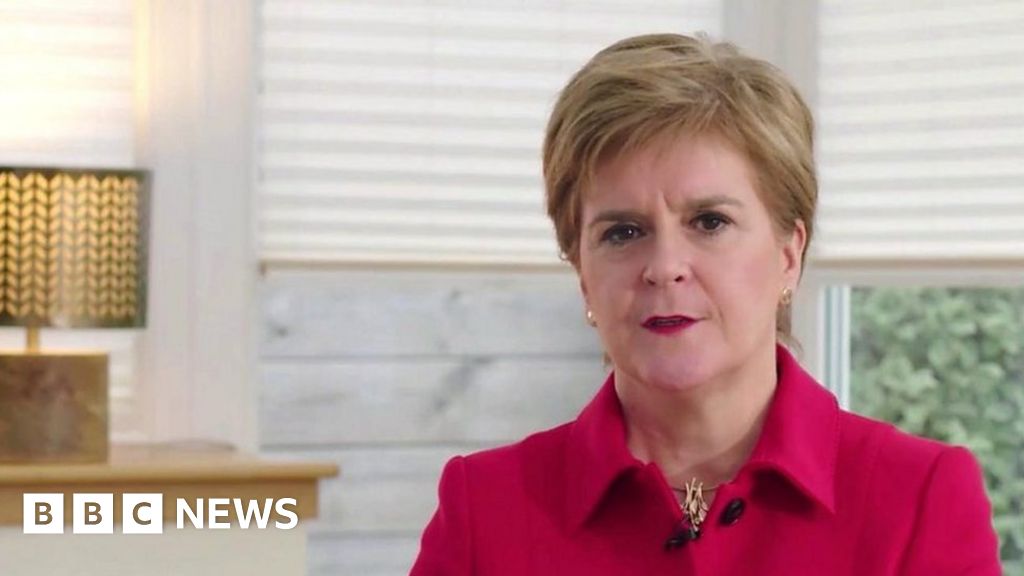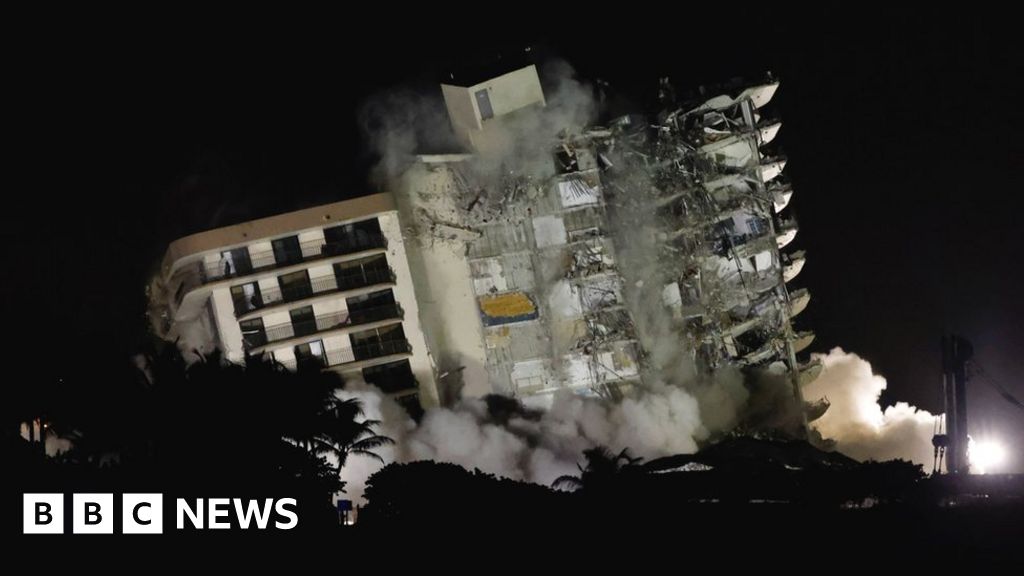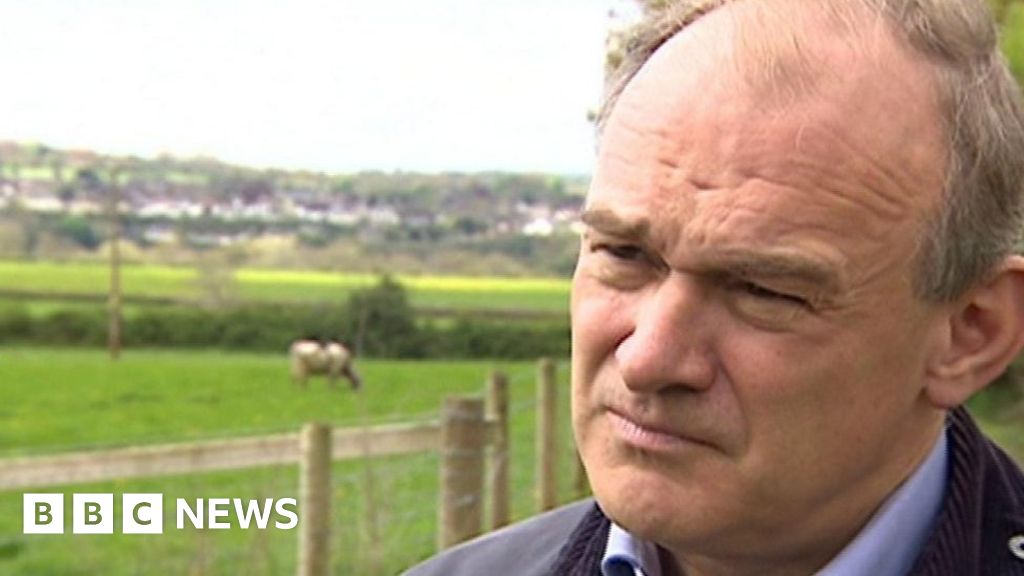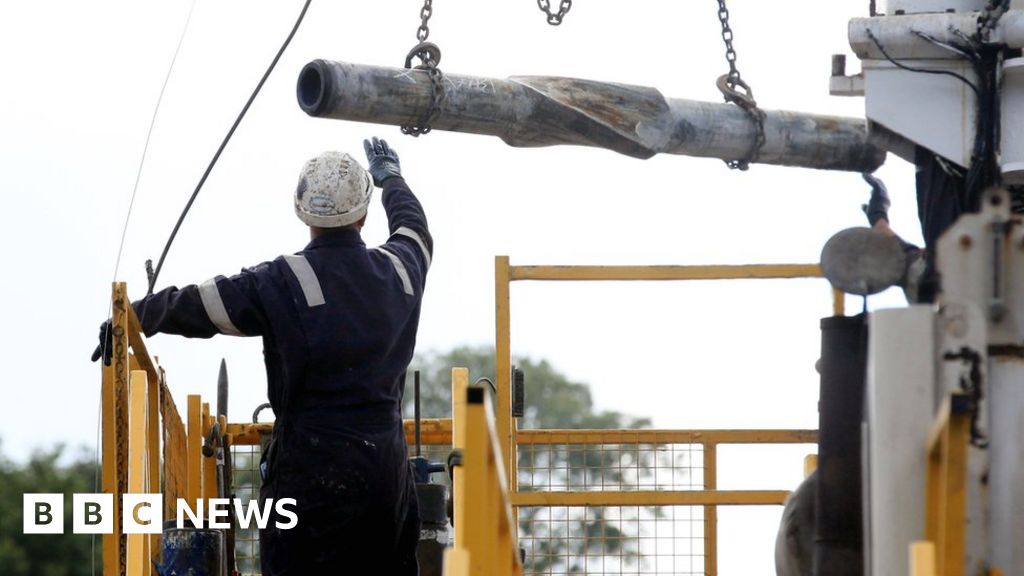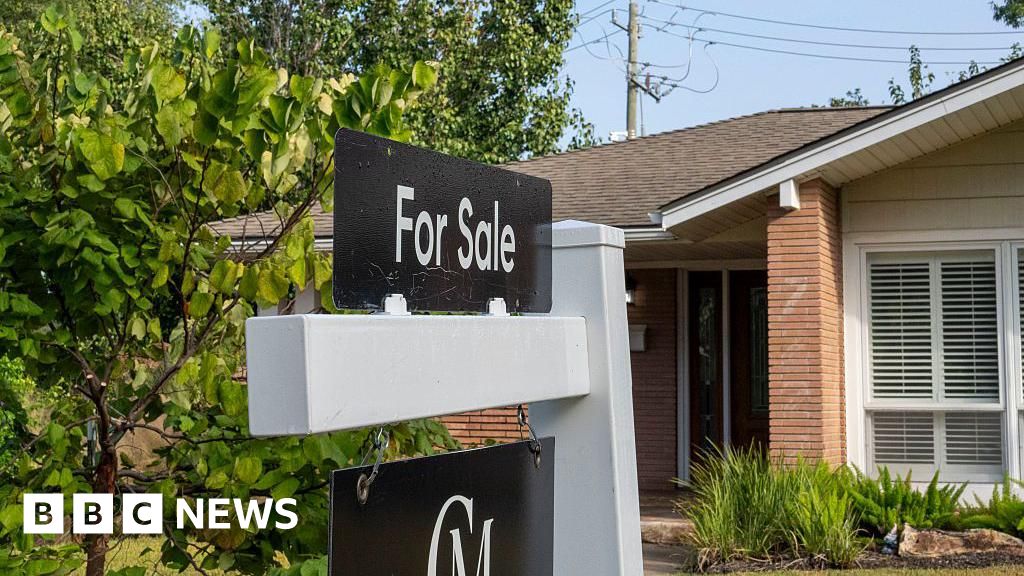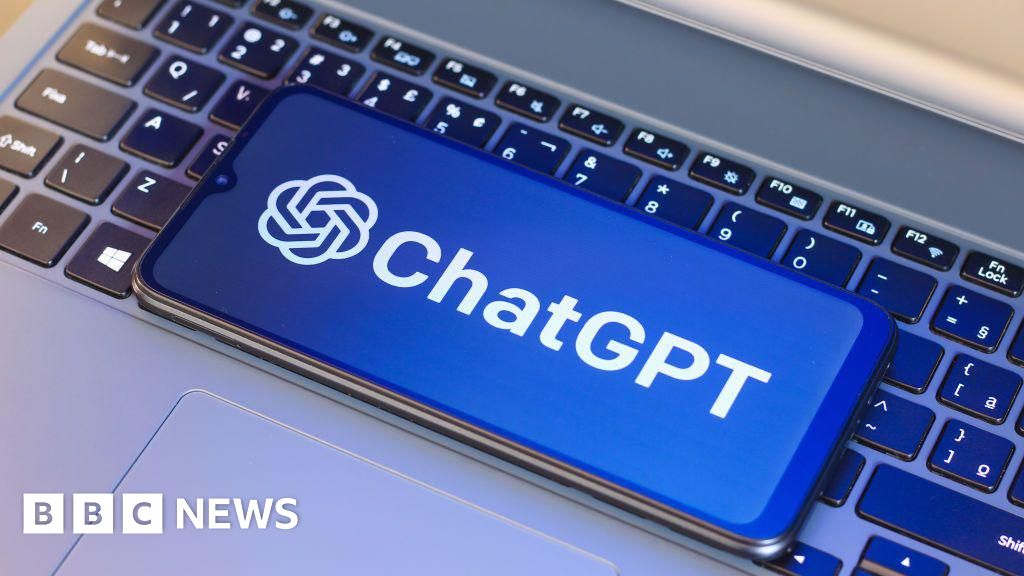By Philippa Roxby
Health reporter
People over 50 in the UK are expected to be offered a single-dose booster jab of the Covid vaccine.
Ministers are expected to confirm this as part of their Covid winter plan, which will be announced today.
Meanwhile, the UK’s Chief Medical Officers (CMOs) have recommended that healthy children aged 12-15 should be given one Covid jab.
What is the booster jab and will I get it?
The BBC understands that the booster could be a single dose of the Pfizer vaccine, given at least six months after people received their second dose.
It’s not yet clear how soon this programme could be rolled out, or whether it will be offered alongside a flu jab.
Who’s being vaccinated at the moment?
All over-18s are eligible to have two doses of the Covid vaccine.
The vaccine is also available for over-12s with underlying health conditions, or those who live with others at high risk – about 10% of children in this age group.
Will more children be offered the vaccine?
It will now be up to ministers to decide whether to go ahead.
There is no vaccine currently approved for use in the under-12s in the UK
How do I get a vaccine?
In England adults and those within three months of turning 18 can book a jab online or by calling 119. You can also visit a walk-in clinic without an appointment.
All 16 and 17-year-olds are being invited to make an appointment through their GP.
In Northern Ireland, you can book online or call 0300 200 7813. Walk-in centres are open to older teenagers.
How soon should I get my second jab?
In Scotland and Northern Ireland the recommended gap is eight weeks.
Which vaccine will I get?
Under-18s are currently being offered Pfizer, although the Moderna vaccine has also been authorised for use in children in the UK.
Is vaccination compulsory?
It’s not compulsory, although the government wants everyone who can have the vaccine to get it.
Some jobs also require staff members to have the jab.
What about side effects?
The most common ones include a sore arm, headache, chills, fatigue and nausea.
They are part of the body’s normal immune response to vaccines and tend to resolve within a day or two.
The clots are extremely rare. There have been 417 reported cases and 72 deaths after 24.8 million first doses and 23.9 million second doses of the AstraZeneca vaccine in the UK.
Separately, a very small number of people have experienced a severe allergic reaction after receiving the Pfizer vaccine.
You should discuss any existing serious allergies with your healthcare professional before being vaccinated.
The BBC is not responsible for the content of external sites.
